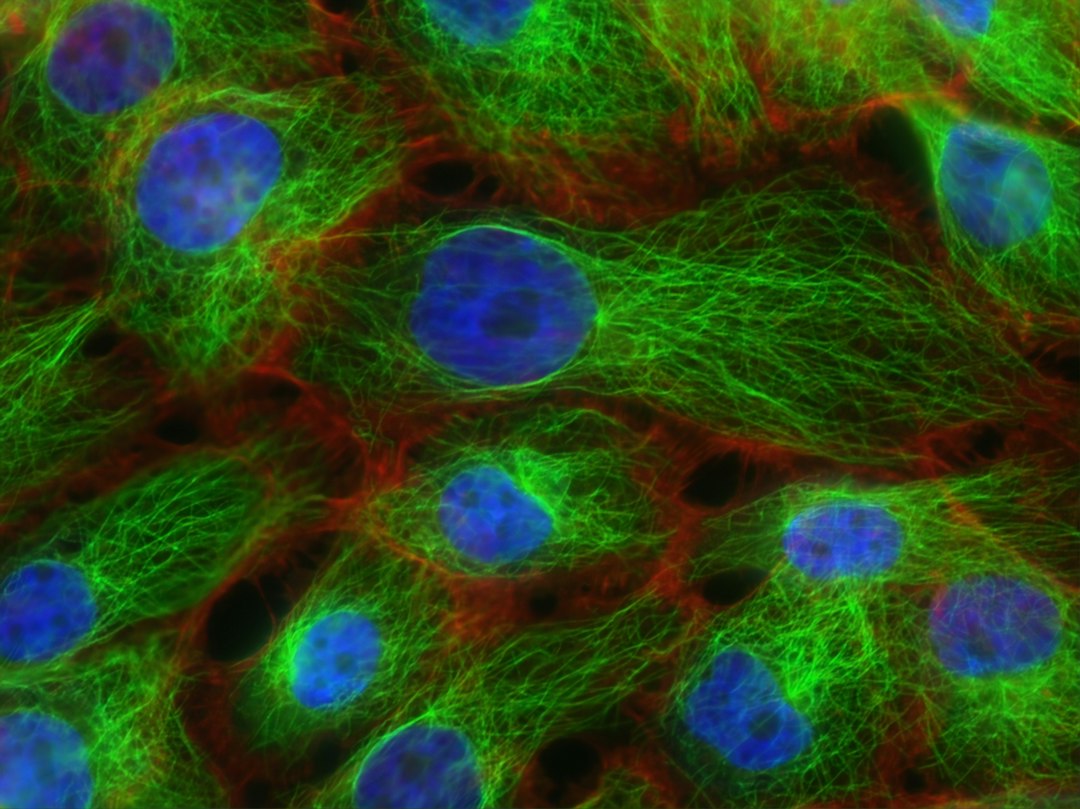Meta Releases Purple Llama Toolkit for Secure Generative AI
Meta, formerly known as Facebook, has introduced a new toolkit called “Purple Llama” to assist developers in building secure generative artificial intelligence (AI) models. The toolkit includes various tools, evaluations, and models that can be used for both research and commercial purposes. It aims to level the playing field for safe and responsible AI development.
Understanding Purple Teaming
The term “Purple” in “Purple Llama” refers to a combination of “red teaming” and “blue teaming.” Red teaming involves intentionally attacking an AI model to identify errors, faults, or unwanted outputs, while blue teaming responds to these attacks and develops strategies to mitigate actual threats. By adopting both red and blue team responsibilities, Meta believes they can effectively evaluate and mitigate potential risks associated with generative AI.
Safeguarding AI Models
The release of Purple Llama includes the industry’s first set of cybersecurity safety evaluations for Large Language Models (LLMs). It offers metrics to quantify LLM cybersecurity risk, tools to evaluate insecure code suggestions, and tools to make it more challenging to generate malicious code or carry out cyber attacks using LLMs. The goal is to integrate these tools into model pipelines to reduce unwanted outputs, insecure code, and the usefulness of model exploits for cybercriminals.
Hot Take: Promoting Safe and Responsible AI Development
Meta’s Purple Llama toolkit is a significant step towards promoting safe and responsible generative AI development. By providing developers with the necessary tools to identify vulnerabilities, evaluate risks, and strengthen their models against malicious attacks, Meta aims to address the challenges outlined in the White House commitments. This initiative highlights the importance of considering both offensive (red team) and defensive (blue team) strategies to ensure the security and reliability of AI systems.





 By
By
 By
By
 By
By
 By
By
 By
By